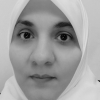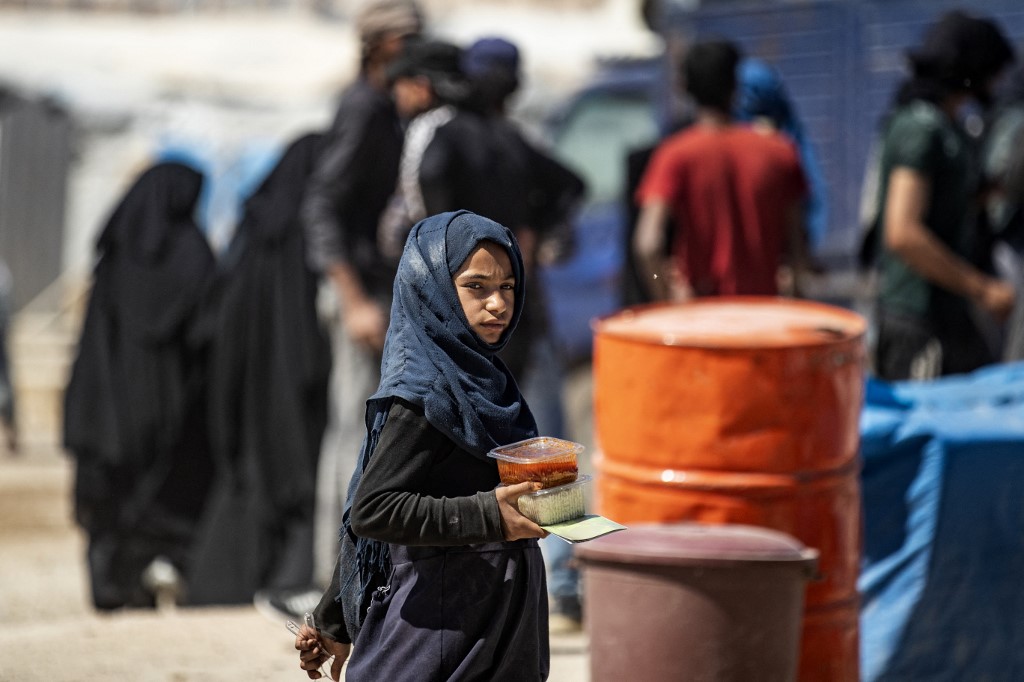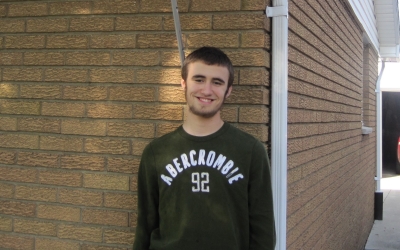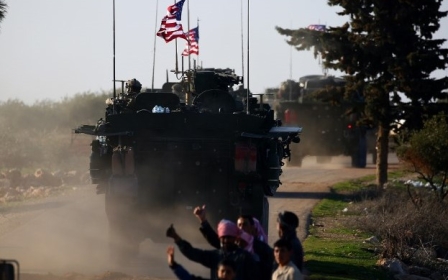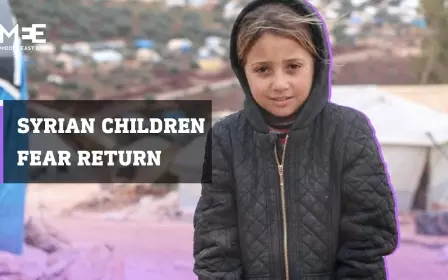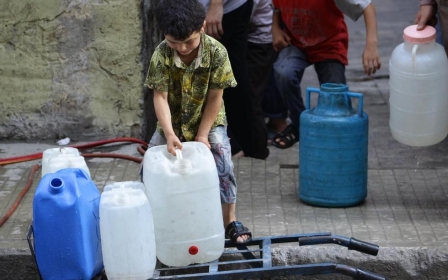Children of Islamic State committed no crime. Why are they being punished?
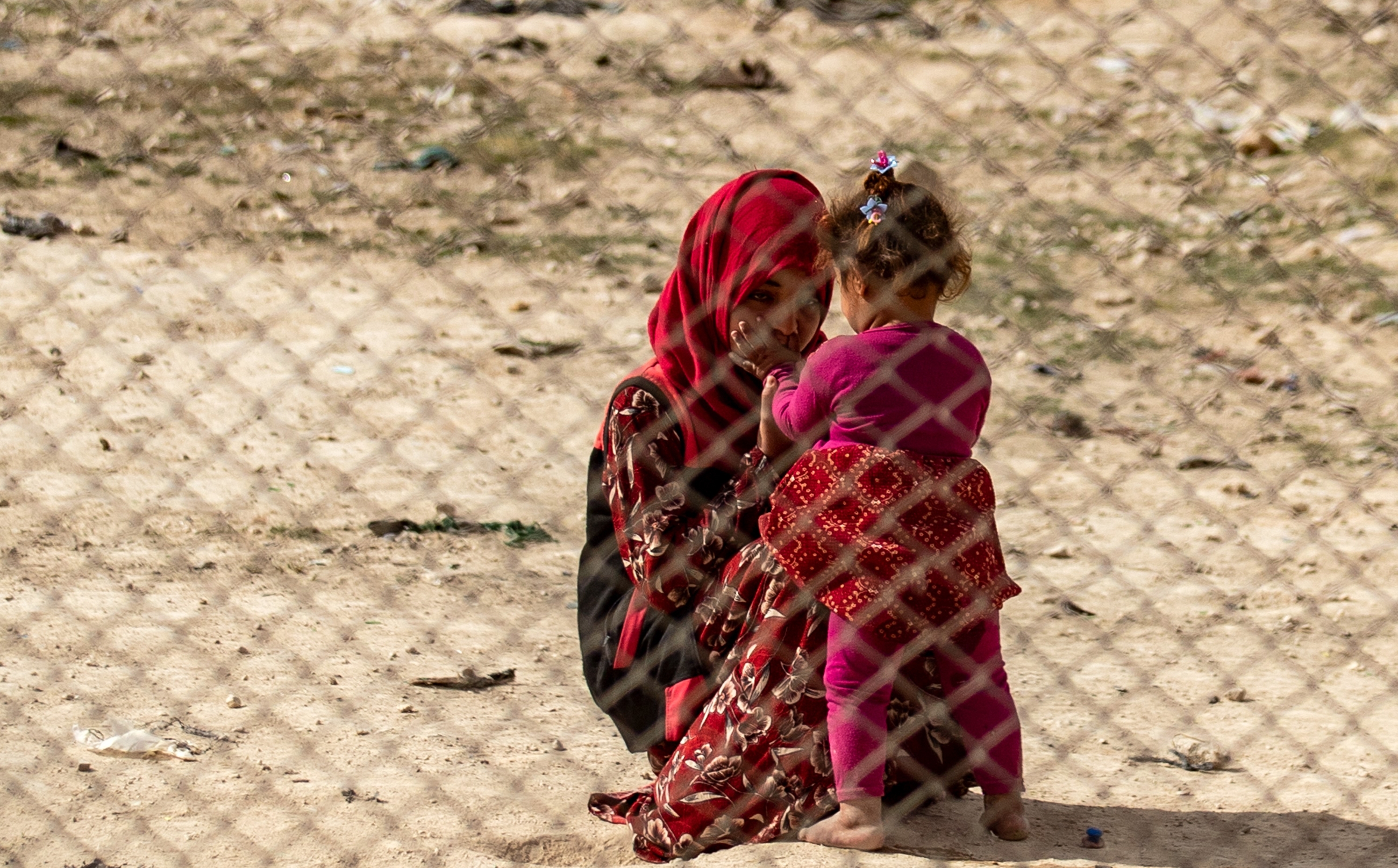
Last March, in the northeastern Syrian desert, a young presenter from an Arabic television channel entered al-Hol camp to report on the realities of life for the detained families of suspected Islamic State (IS) fighters.
Tents were scattered across the desert, lacking privacy and basic necessities. The reporter tried to talk to some of the women, who ran from the camera. She then approached a group of children who were watching her curiously.
They do not know what it means to be a child. They know only that they are being punished for a fate they did not choose
One child said that he didn’t want to talk to her because she had a “black weapon” (the microphone she was carrying; he had never seen one before). Another child said he would not talk to her because she was not veiled, and thus, she was an infidel. The presenter then asked: “Why am I an infidel?
Having confirmed the premise she apparently came for, the presenter then continued to pester the children until they threw stones at her.
This was not a movie scene, but rather a video aired by a well-known Arabic channel. Putting aside the journalistic errors and biased approach, let us imagine the backdrop of what the women and children in this facility had been experiencing on a daily basis.
New MEE newsletter: Jerusalem Dispatch
Sign up to get the latest insights and analysis on Israel-Palestine, alongside Turkey Unpacked and other MEE newsletters
Sins of their parents
Al-Hol camp houses around 60,000 people, mostly women and children, who face harsh desert conditions in both summer and winter. The United Nations and international NGOs provide food, water and basic medical services, while the Syrian Democratic Forces guard the camp to prevent detainees from fleeing.
But who are the people being detained? Have they committed any crimes? Are they fighters or civilians? Have they been tried and convicted, or were they arrested simply because they were associated with someone who joined a terrorist organisation, possibly against their wishes?
The thousands of school-age children in the camp, some of whom are orphans, have few educational opportunities, and are plagued by the trauma of battles and the stories of loss shared by their parents and friends. These children are being punished for the sins of their parents, with no regard for laws or conventions relating to children’s rights.
In 2019, the US-led international coalition celebrated victory over IS after eliminating its last strongholds. But was the coalition’s force-only policy correct? Did it really remove the root of the problem, or was it a superficial solution?
Are these countries investigating further to understand why so many young women and men left the economic and security stability of European countries to travel to a dangerous battleground in the first place?
The surface answer of “Islamist extremism” does not tell the full story. Many immigrants in Europe and the US experience an identity crisis, feeling that they don’t belong to communities that don’t fully accept them. They might feel wronged, lonely or unaccepted by others, pushing them towards radicalisation.
Moral duty
Suppose for a moment that the thousands of women and children at al-Hol camp were harbouring radical ideas. Doesn’t the international community have a moral duty to help rid them of those thoughts, as it would work to cure a physical disease?
Terrorist groups attract the oppressed, investing in their pain and fear, and promoting their desire for revenge. In Syria, IS took advantage of a deeply troubled environment where many people had suffered the horrors of war, imprisonment, displacement and the deaths of loved ones.
Unfortunately, the camps where the children of IS fighters are now stranded are creating a new generation of oppressed and vulnerable people. These children have been branded with a social stigma that will long haunt them. They have watched the world strip them of their rights at the very moment when they needed help the most.
Many of these children have few, if any, beautiful memories; they have no legal papers, no country or government that cares about them. They do not know what it means to be a child. They know only that they are being punished for a fate they did not choose.
Some of these children may ultimately seek revenge against a world that has failed them. This could fuel a new wave of terrorism, as vicious and bloody as the reality in which these children are growing up. We must either admit that this moment could be coming, or work now to correct this massive injustice.
The views expressed in this article belong to the author and do not necessarily reflect the editorial policy of Middle East Eye.
This article is available in French on Middle East Eye French edition.
Middle East Eye delivers independent and unrivalled coverage and analysis of the Middle East, North Africa and beyond. To learn more about republishing this content and the associated fees, please fill out this form. More about MEE can be found here.


